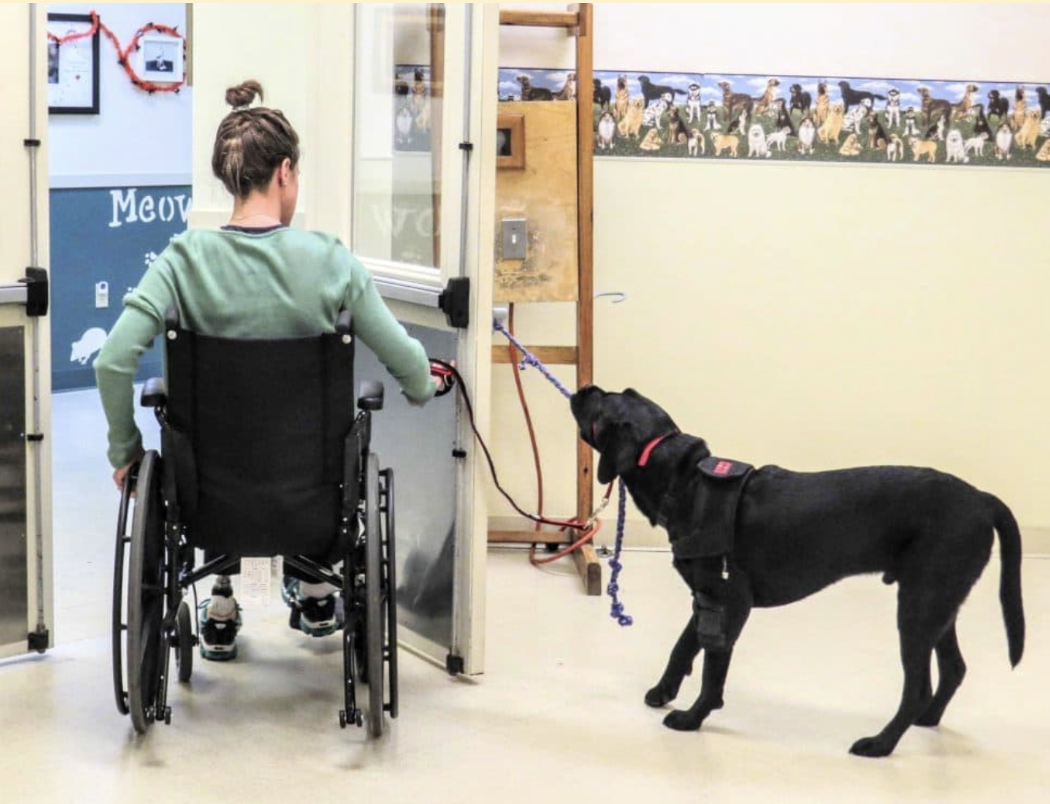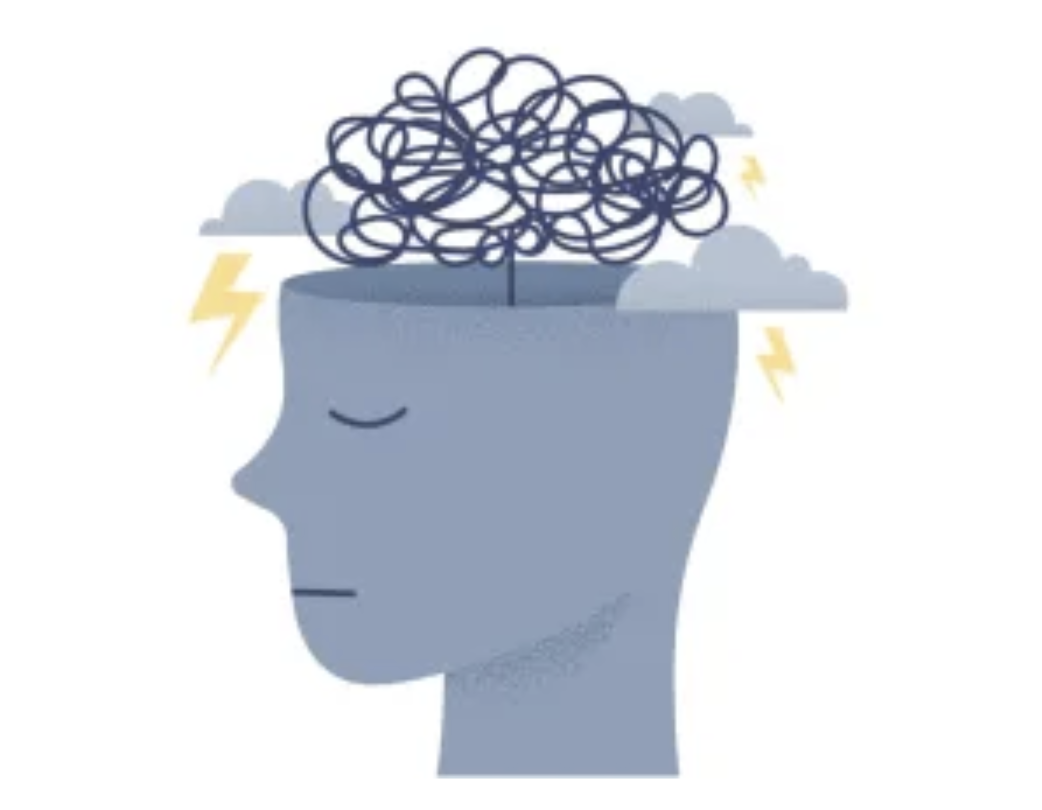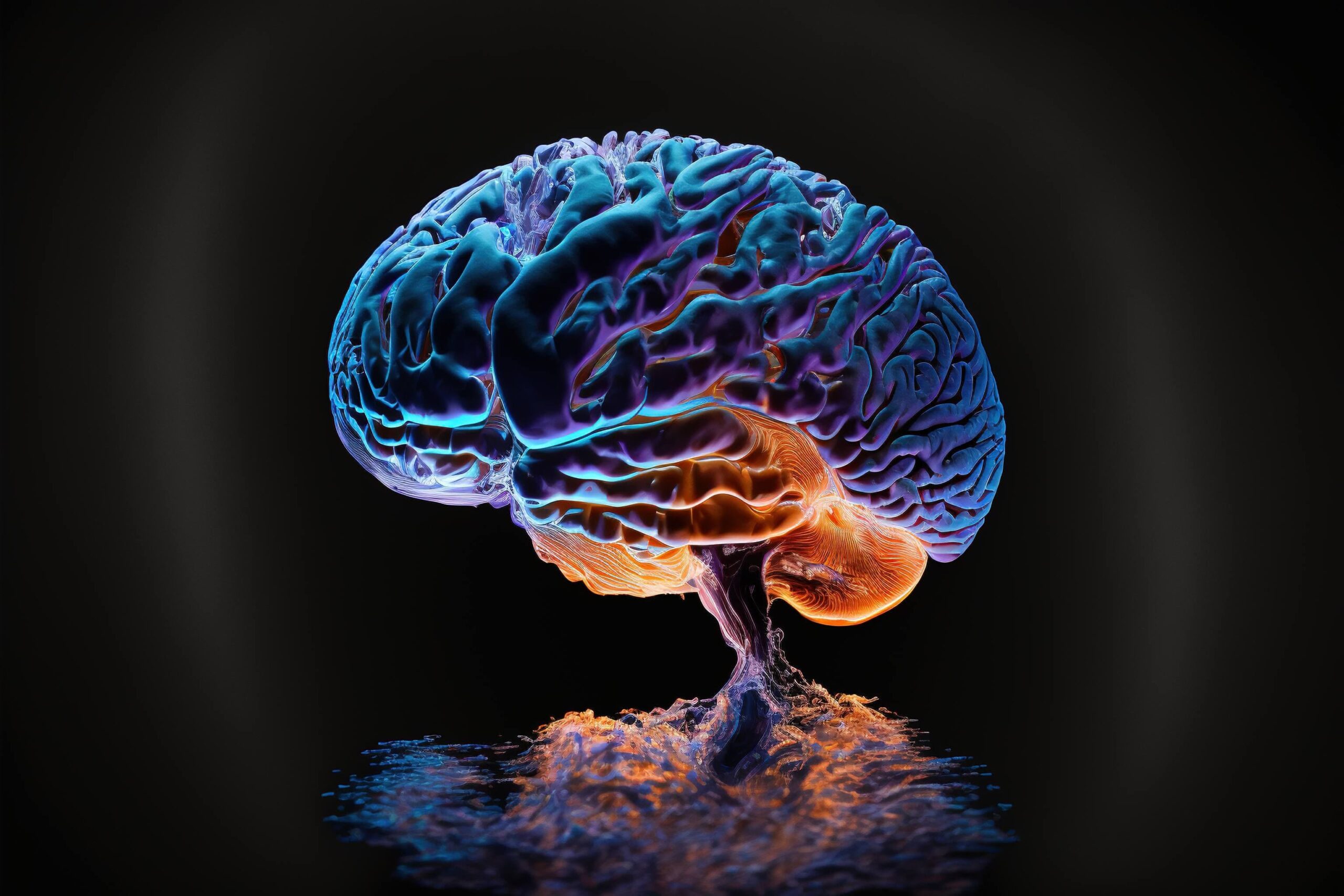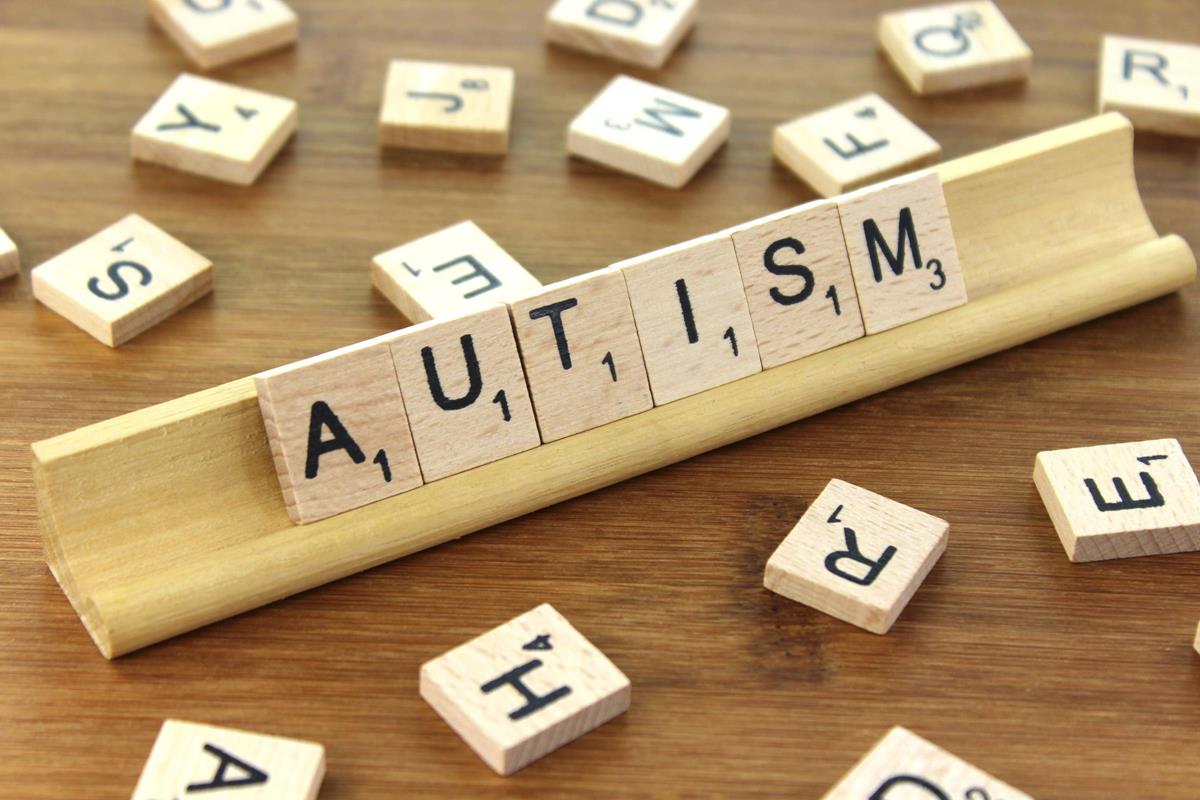-
Phobias and Fears

Whether it’s heights, planes, or spiders, we each have that one fear that defies logical explanation, yet our brains insist on sounding the alarm. But why does this happen? And why aren’t we all scared of the same things?
-
The Psychology of Climate Change

This article explores the psychological and social challenges in addressing climate change, emphasizing how evolutionary and cognitive biases hinder our responses to this global crisis. It delves into the complexities of human behavior and societal structures that make it difficult to enact effective climate action and considers how these obstacles might be overcome through increased…
-
Brainpower in Full Bloom: The Cognitive Benefits of Rosemary and Lavender Aromatherapy

This article explores how aromatherapy can enhance cognitive functions such as memory, attention, and mental clarity, drawing on both real-world applications and its potential benefits for neurological health.
-
Symphonic Interventions: Investigating the Impact of Music Therapy on Social and Communication Skills in ASD Individuals

In this article, the author discusses the role of music therapy in enhancing social and communication skills among individuals with Autism Spectrum Disorder (ASD). Music therapy provides a comfortable medium for self-expression and emotional regulation, particularly important during adolescence. The author highlights the universal appeal of music and its ability to help individuals with ASD…
-
Effects of Nature and Birdsong on Cognition, Attention, and Wellbeing

Alex Yeghikian (Author) and Sonya A. Ashikyan (Mentor) Walking around UCLA, you might hear the trill of a Bewick’s wren, the clicks of a California towhee, or the chirping of a dark-eyed junco. With a careful eye, you might even see one perched on a branch or flying swiftly by. We might not pay much…
-
Furry Prescription: The Healing Powers of Pet Interaction

This article discusses the therapeutic benefits of pets on human health, emphasizing their role in enhancing physical activity, improving mood, and providing emotional support. Through personal experience and scientific research, it underscores the transformative impact of pet ownership on individuals’ well-being.
-
Trauma and the Brain: How Childhood Experiences Affect Your Memory

This article delves into the profound impact of traumatic childhood experiences on an individual’s cognition and memory. It discusses how childhood trauma can lead to memory retrieval problems, such as dissociative amnesia, and impairments in working memory, emphasizing the need for effective interventions and therapeutic approaches to assist survivors in improving their mental well-being.
-
ADHD: Prescription Medication Shortage

4.4% of Adults in the United States are clinically diagnosed with ADHD, and 32.7% of ADHD adults rely on stimulants for treatment. However, in 2022 the FDA announced that there was a drug shortage, which also impact Adderall production. Adderall is the most common medication prescribed to ADHD patients and a lack of this medicine…
-
Neurofeedback: Can You Train Your Brain?

Have you ever wanted to train your brain? Neurofeedback has been claimed to aid in the treatment of several disorders and cognitive patterns such ADHD, depression, epilepsy, and others–particularly conditions resistant to treatment.
-
The Female Autism Phenotype Phenomenon

One characteristic of autism that has been scarcely researched is manifestation differences between biological sexes, with damaging consequences. Moreover, male social rejection is much easier to detect than the more passive female exclusion in the autism population.